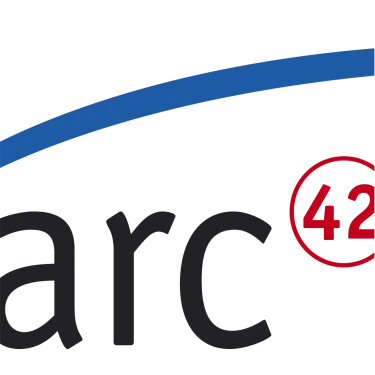Systems and software engineering — Design and development of information for users
This standard provides requirements for the design and development of information for users of systems and software. It is applicable to the entire lifecycle of user information, from planning and design to development and delivery.
Key ideas
- User-centered approach: The standard emphasizes a user-centered approach, focusing on the needs of the target audience.
- Parallel development: It recommends that the development of user information should occur in parallel with the software development process to ensure high-quality results.
- Information management process: It provides guidance on planning and managing information-development projects.
- Information architecture: It covers the overall structure of user information, including modularity, information models (conceptual, instructional, reference, troubleshooting, error messages), and glossaries.
- Content development: It provides best practices for writing, editing, and reviewing user information.
- Presentation: It addresses various presentation formats, including printed and online information, user-generated content, APIs, FAQs, chatbots, and voice response systems.
Quality Attributes Required or Emphasized
The standard focuses on creating high-quality user information, which directly impacts several quality attributes:
| Attribute | Relevance in ISO/IEC/IEEE 26514:2022 |
|---|---|
| Usability | A central focus, ensuring users can easily find, understand, and use the information to achieve their goals. |
| Clarity | Information should be clear, concise, and easy to understand. |
| Accessibility | Information should be accessible to all users, including those with disabilities. |
| Correctness | The information provided must be accurate and up-to-date. |
| Consistency | Information should be consistent in terminology, style, and format. |
| Comprehensibility | Information should be easy to understand for the target audience. In our terminology this is understandability |
| Conciseness | Information should be presented in a brief and to-the-point manner. |
| Minimalism | Providing only the necessary information to avoid overwhelming the user. |
